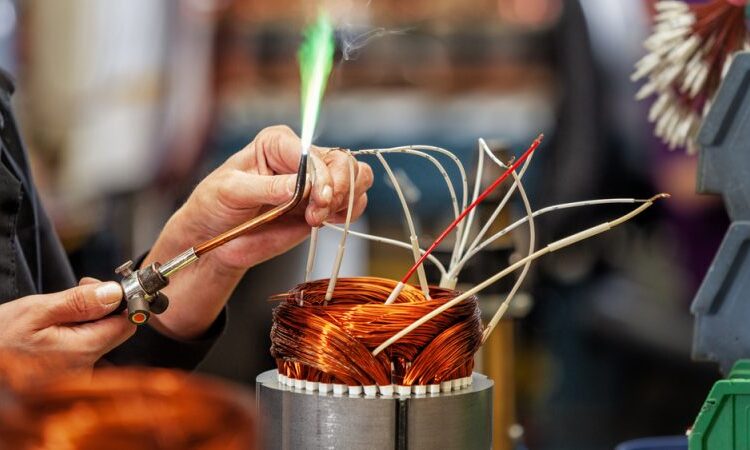France’s deals with Australia, Canada, a giant step for EU ‘raw materials diplomacy’ – EURACTIV.com

France’s signing of agreements on raw materials with Canada and Australia is a major step forward for European “raw materials diplomacy”, the French Energy Ministry said on Wednesday.
After Australian Resources Minister Madeleine King warned the EU that it was lagging in critical minerals investment in Brussels on Wednesday, French Energy Transition Minister Agnès Pannier-Runacher signed a critical minerals cooperation agreement with King the same day.
In the morning, Pannier-Runacher signed a similar agreement with her Canadian counterpart.
“We have signed agreements with countries [Australia and Canada] that share our values and practices”, said the French minister’s office.
Australia and Canada are rich in resources such as nickel, lithium and copper – all critical metals listed in the EU’s Critical Raw Materials Act (CRMA), which aims to ensure the security of the EU’s energy transition.
But these agreements do not deal directly with materials, Pannier-Runacher’s office confirmed.
“Through this joint study, the French and Australian governments will examine ways of overcoming the obstacles to establishing stable supply chains for critical minerals,” King added in a press release.
These agreements are bilateral and are not part of the trilateral cooperation between France, Germany and Italy on critical raw materials adopted in June, nor the EU strategy.
As for Germany, Franziska Brantner, parliamentary state secretary at the Economy and Climate Ministry, welcomed King for a discussion on bilateral strategies on Monday.
The EU is already negotiating with Australia for a free trade agreement which includes access to Australian critical minerals.
On Thursday, Australia, Germany, France and other countries will have the opportunity to discuss the issue further at the IEA Critical Minerals and Clean Energy Summit, which will bring together more than 90 political, institutional and financial decision-makers.
“This is the first time that the IEA has organised a summit on this topic,” said Pannier-Runacher’s office.
(Paul Messad | Euractiv.fr)







